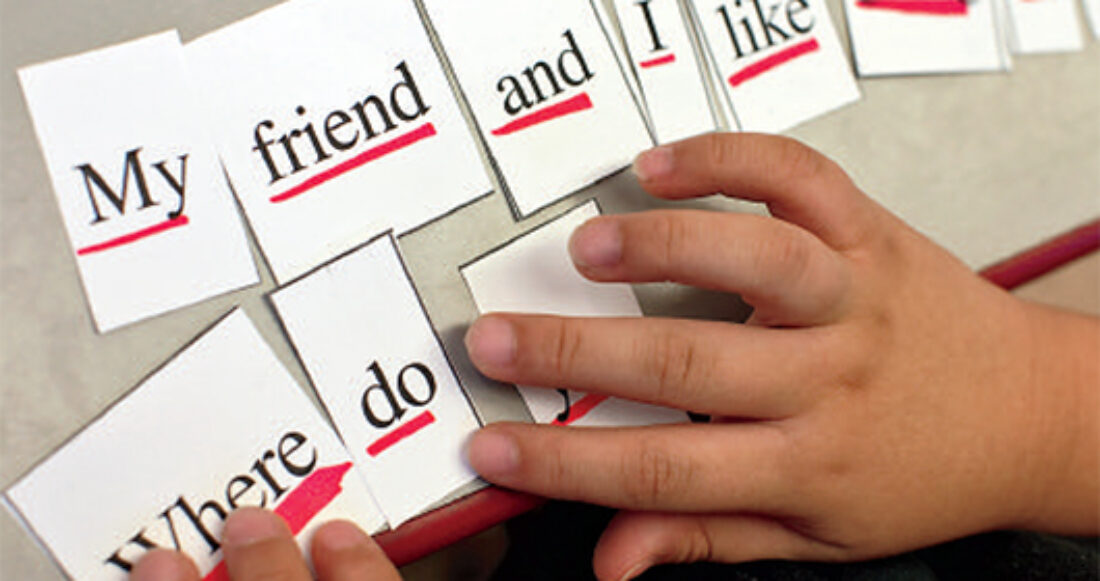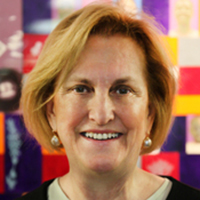Five Questions with Casey: Gail Hayes on Early Childhood Education

Gail Hayes directed the Annie E. Casey Foundation’s Atlanta Civic Site from 2004 through 2013. The civic site focuses on five high-poverty neighborhoods in southwest Atlanta. Hayes managed a broad Casey portfolio aimed at helping parents improve their economic prospects while putting their children on a path to academic success. As part of this work, she was responsible for the Georgia Campaign for Grade-Level Reading. Before joining Casey in 2003, she led national and state efforts to support more comprehensive approaches to health and human services.

Q1. Early childhood development has been a critical part of your work in the Atlanta Civic Site. Why?
Study after study has confirmed that early learning is critical, especially for kids living in poverty. The younger the child, the more devastating poverty is to future success as a student and an adult. With so many kids living in poverty in our neighborhoods, we must help these kids get off to a good and healthy start. The area we serve is 83% African American, with 49% of children living in poverty. So when we realized that, nationally, so many of the kids who were not reading by third grade were children of color and living in poverty, it became a clear imperative for our work locally.
Q2. The civic site’s investment in an innovative early learning school, now called Educare Atlanta, has yielded impressive gains for children in terms of school readiness. What have been the key ingredients?
First, you have to have great teachers; the instructional quality has to be the very best. Second, you have to have great learning spaces with high-quality materials. Third, you have to engage parents from the get-go, and not just in traditional ways. You have to help them strengthen their capacity, confidence and competence as parents. Fourth, we have strong components to address children’s health and social and emotional barriers to learning so that we take a comprehensive, family-centered approach. The last piece is lining up the financing to put all of this in place.
Q3. What distinguishes the early learning work in Atlanta from other places?
What’s groundbreaking is our two-generation approach to serving both the parents and children simultaneously with a bundle of resources and supports. More than 80 percent of the children enrolled in Educare Atlanta have a parent who is also enrolled in the Center for Working Families. This approach strives to ensure that children are succeeding in getting ready for school and parents are succeeding with their careers.
Another innovation is the use of a nurse, whose job is to ensure that all children and their families are enrolled in health insurance and have a stable, high-quality medical home —meaning a regular primary care doctor. Too often, families in high-poverty neighborhoods rely on emergency rooms for health care. Through our extensive screening, we have identified a lot of untreated conditions, from vision and hearing issues to asthma and severe respiratory problems. We make sure that all of these conditions are treated.
Q4. What do you think the Casey Foundation’s most significant contribution has been in promoting the importance of investments in early childhood education?
By creating this complex in Atlanta where we start at birth and work with children until fifth grade, we’ve put practices to work on the ground. We are documenting the impact of this work and tracking these kids through high school graduation. Finally, we are drawing support nationwide for this work through the Campaign for Grade-Level Reading. We’re finding that everybody, regardless of political persuasion, can get behind ensuring that kids are reading by third grade.
Q5. At the national and federal level, what do you think the outlook is for expanding the availability of preschool for all children?
I’m optimistic. On the federal level, there is an emphasis on growing the investment and quality of early learning programs. It’s a complicated time to be doing it when there is such a big push to reduce the federal debt, but I’m hoping that this will be an area that will be nonpartisan and unifying to advance better outcomes for all kids.





